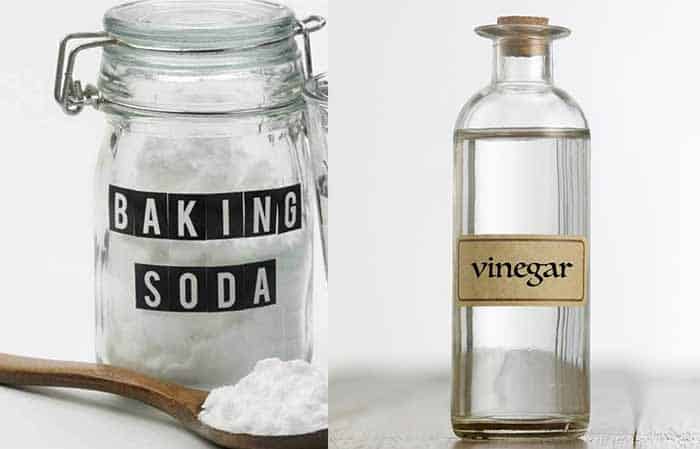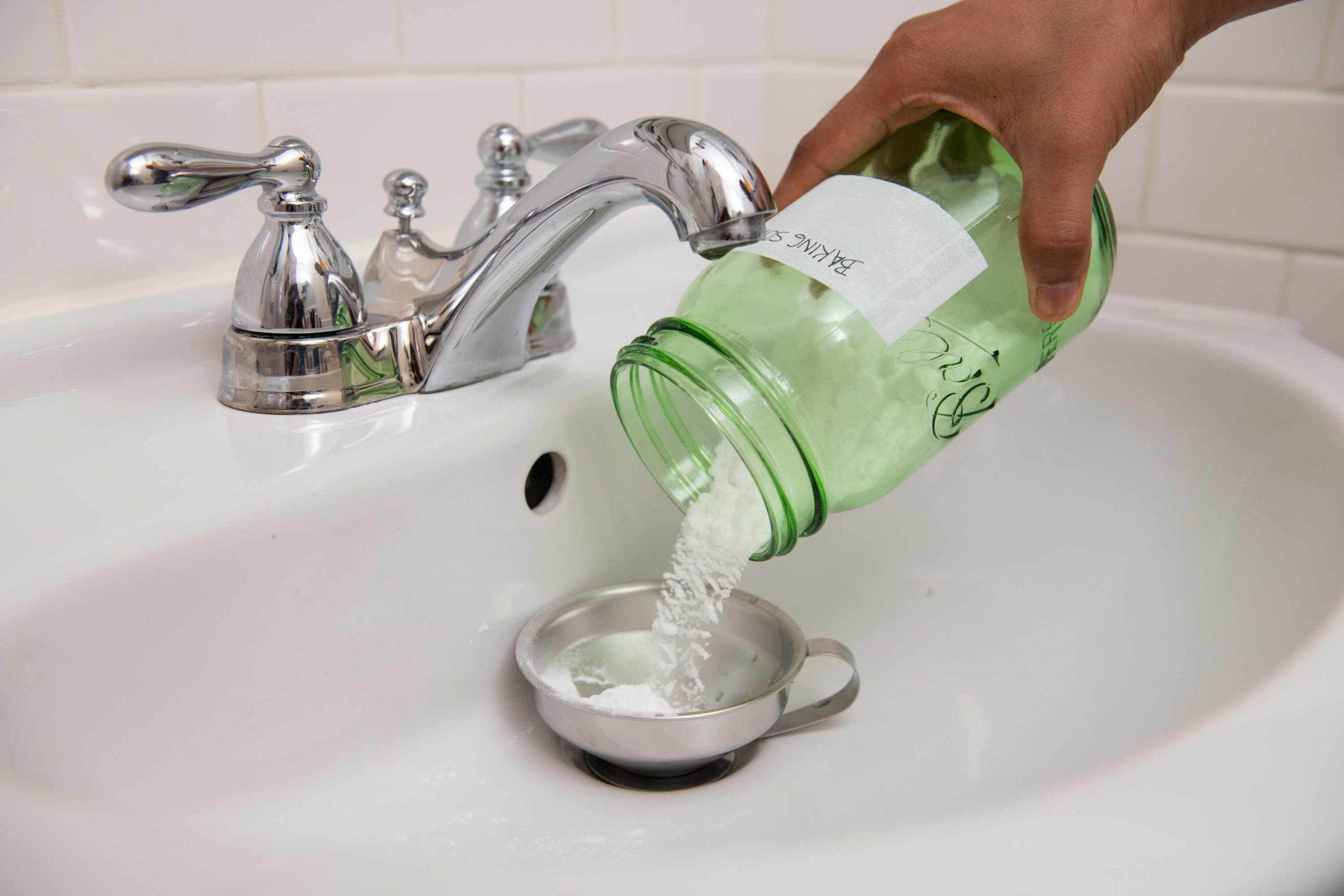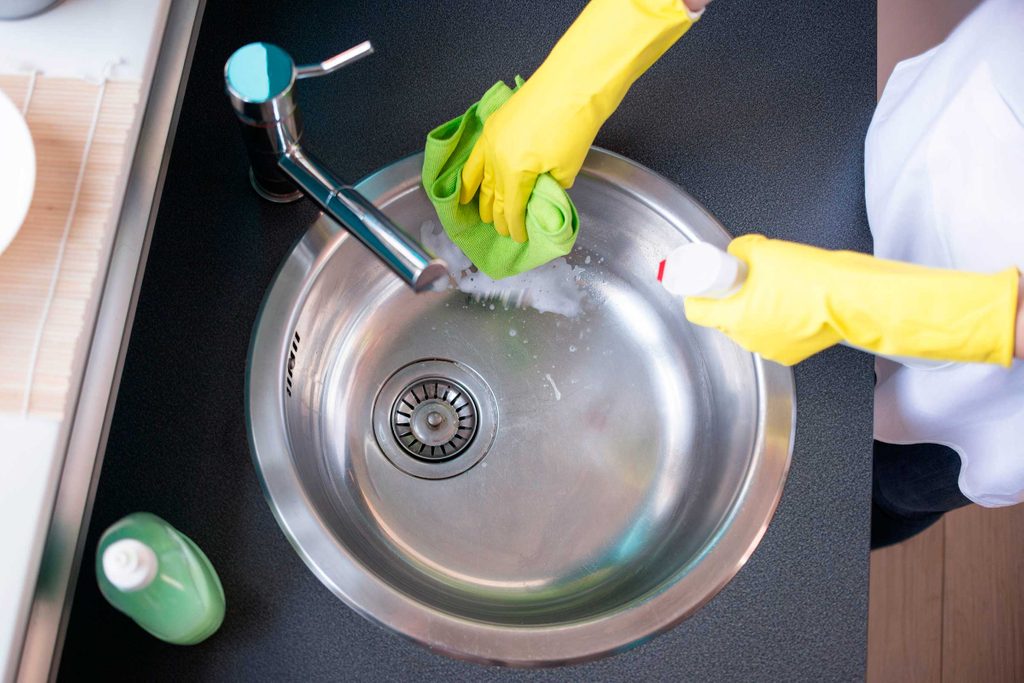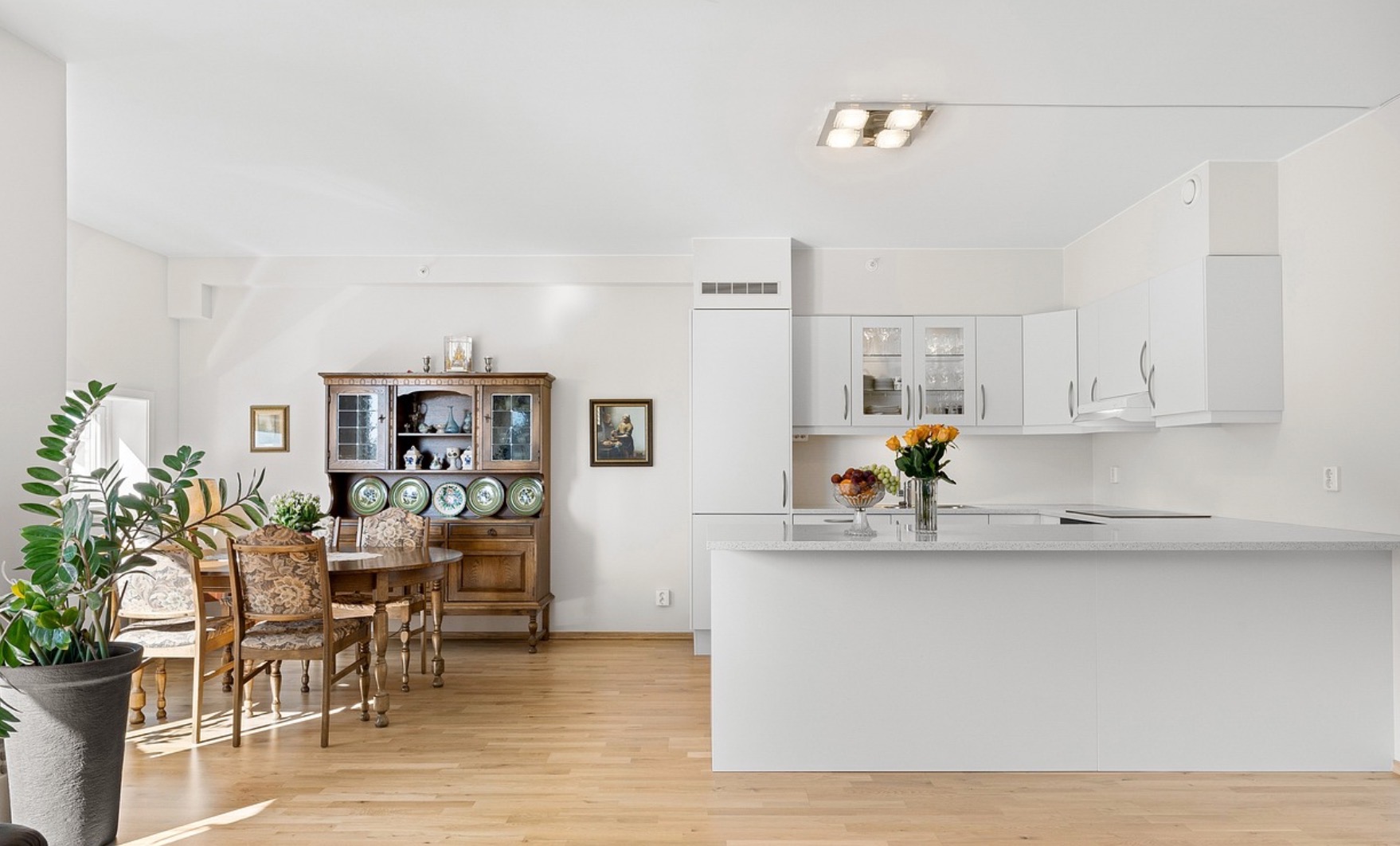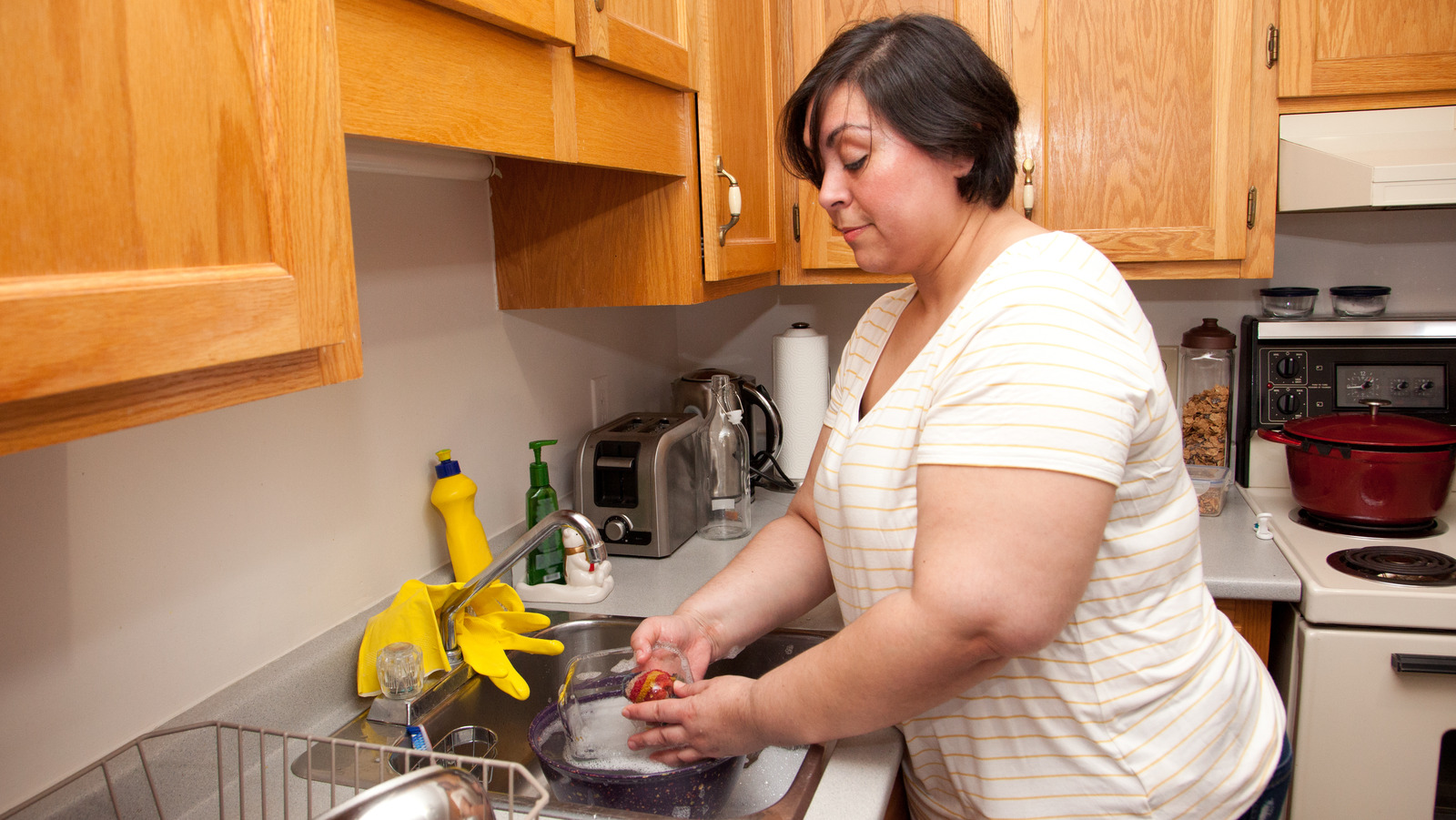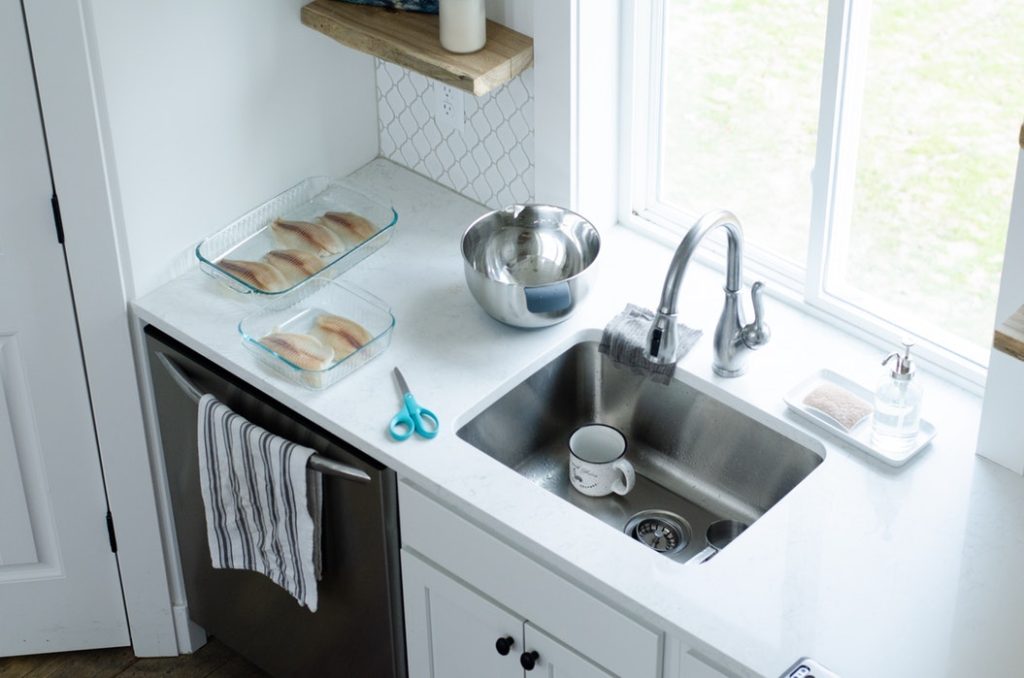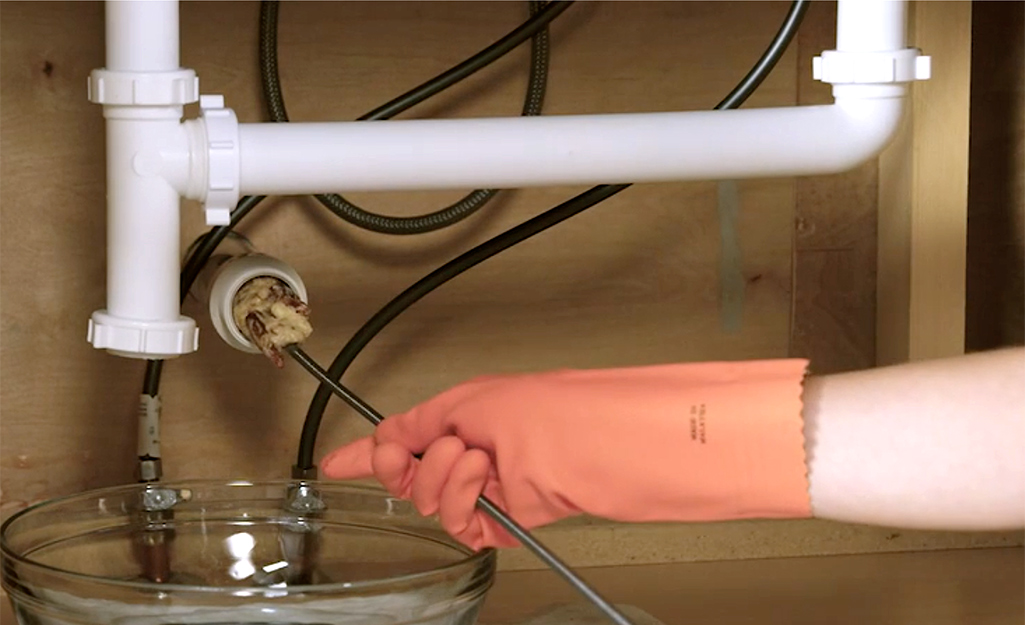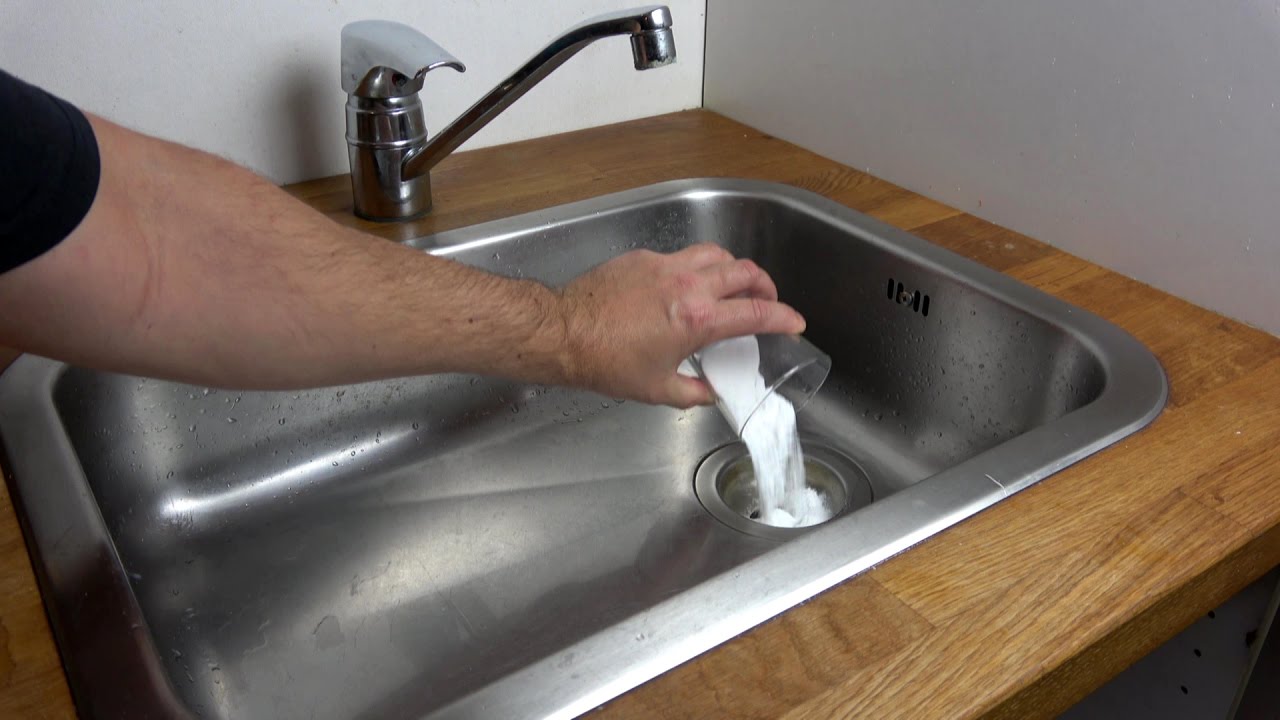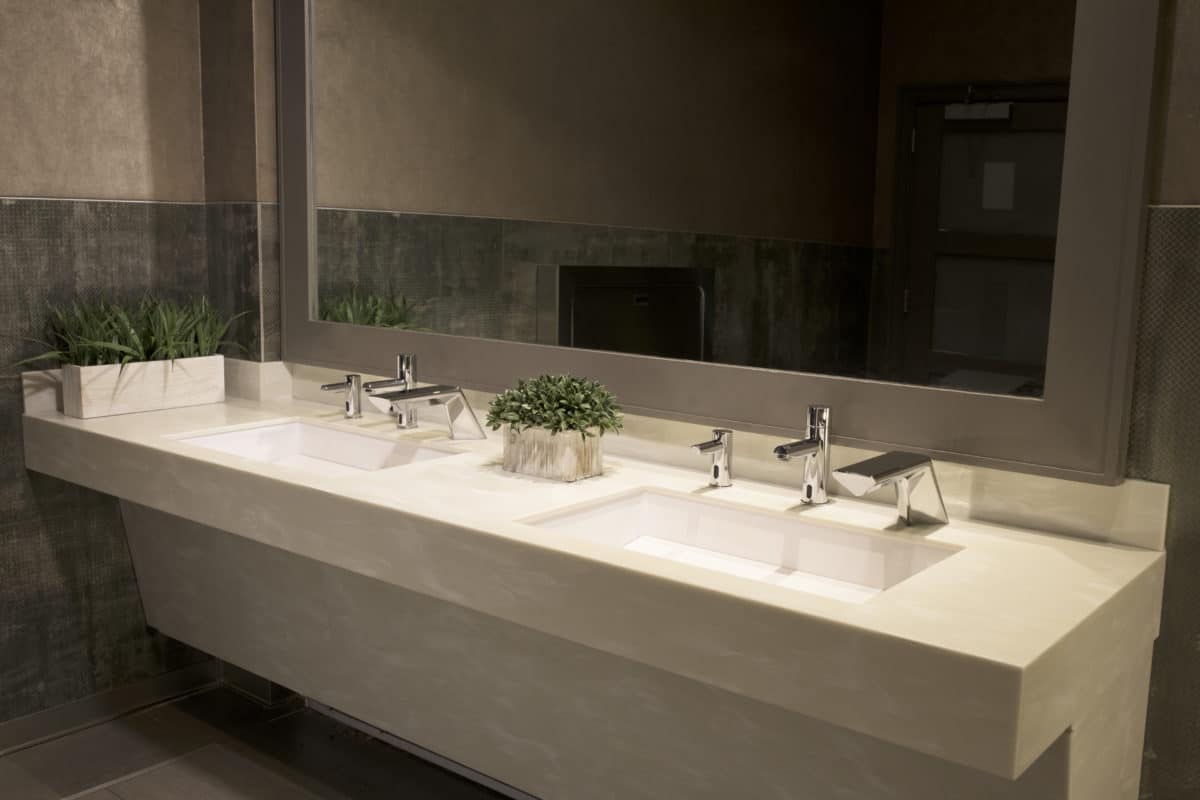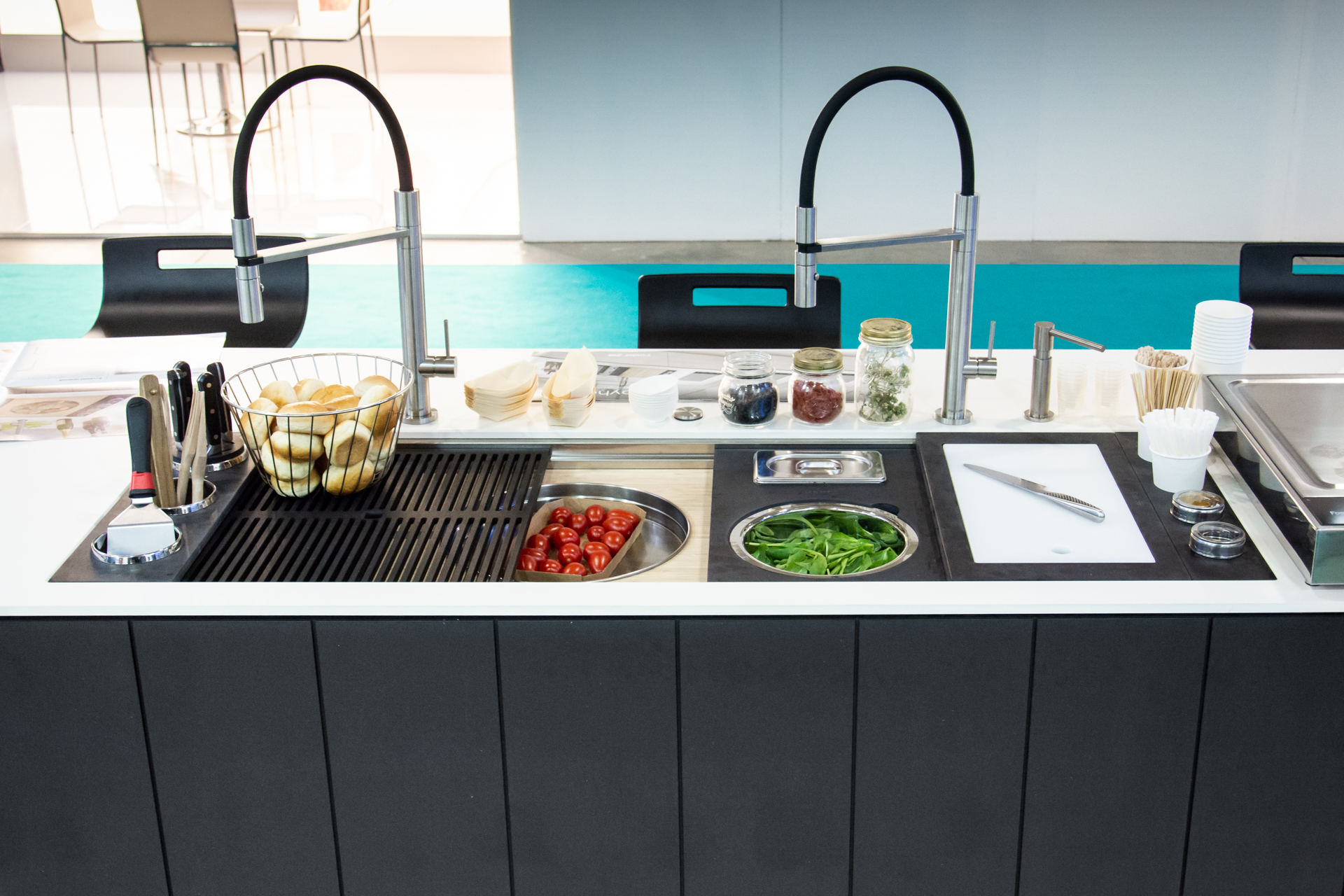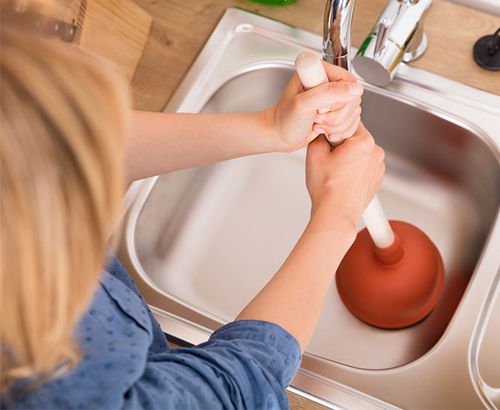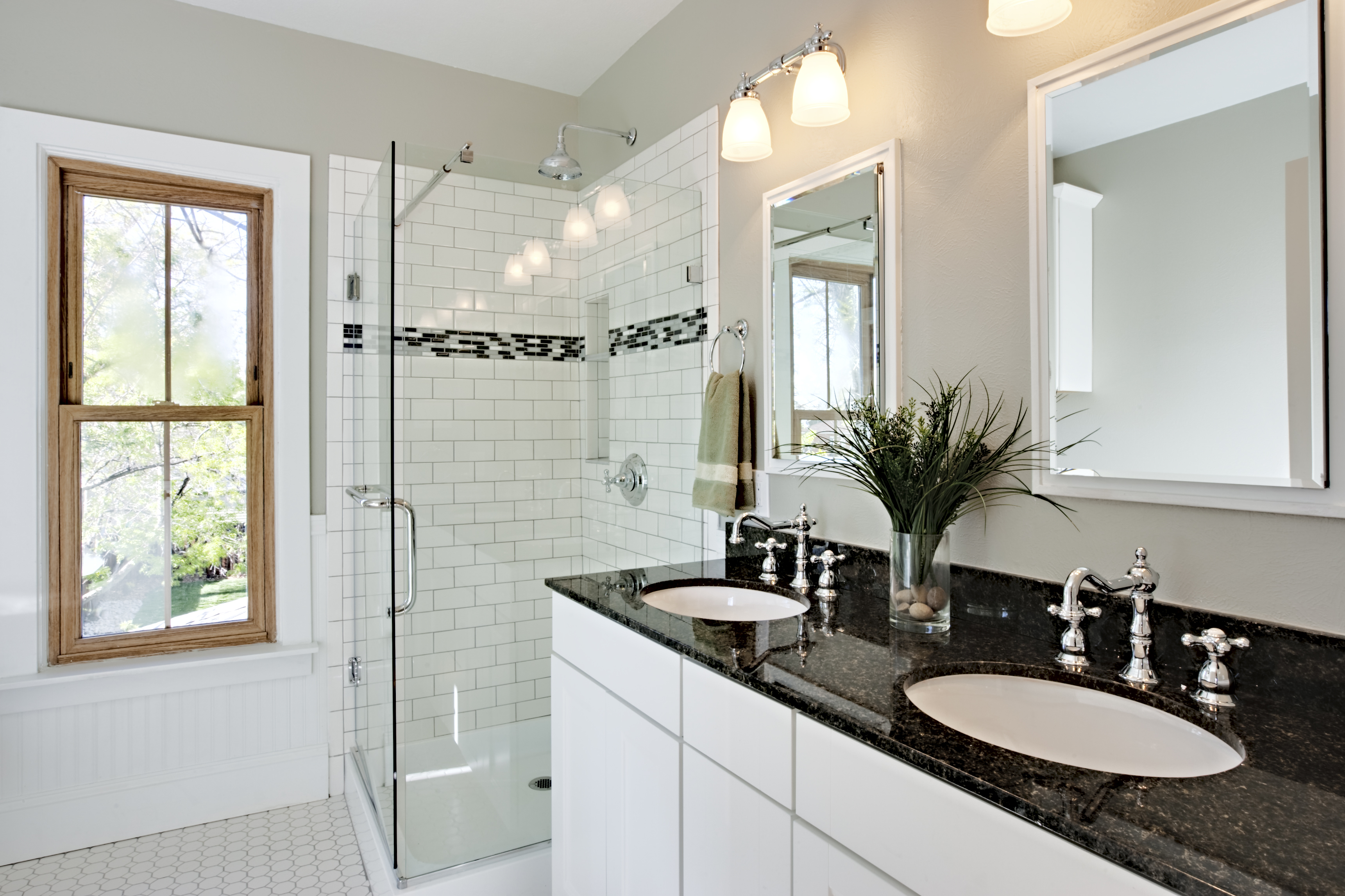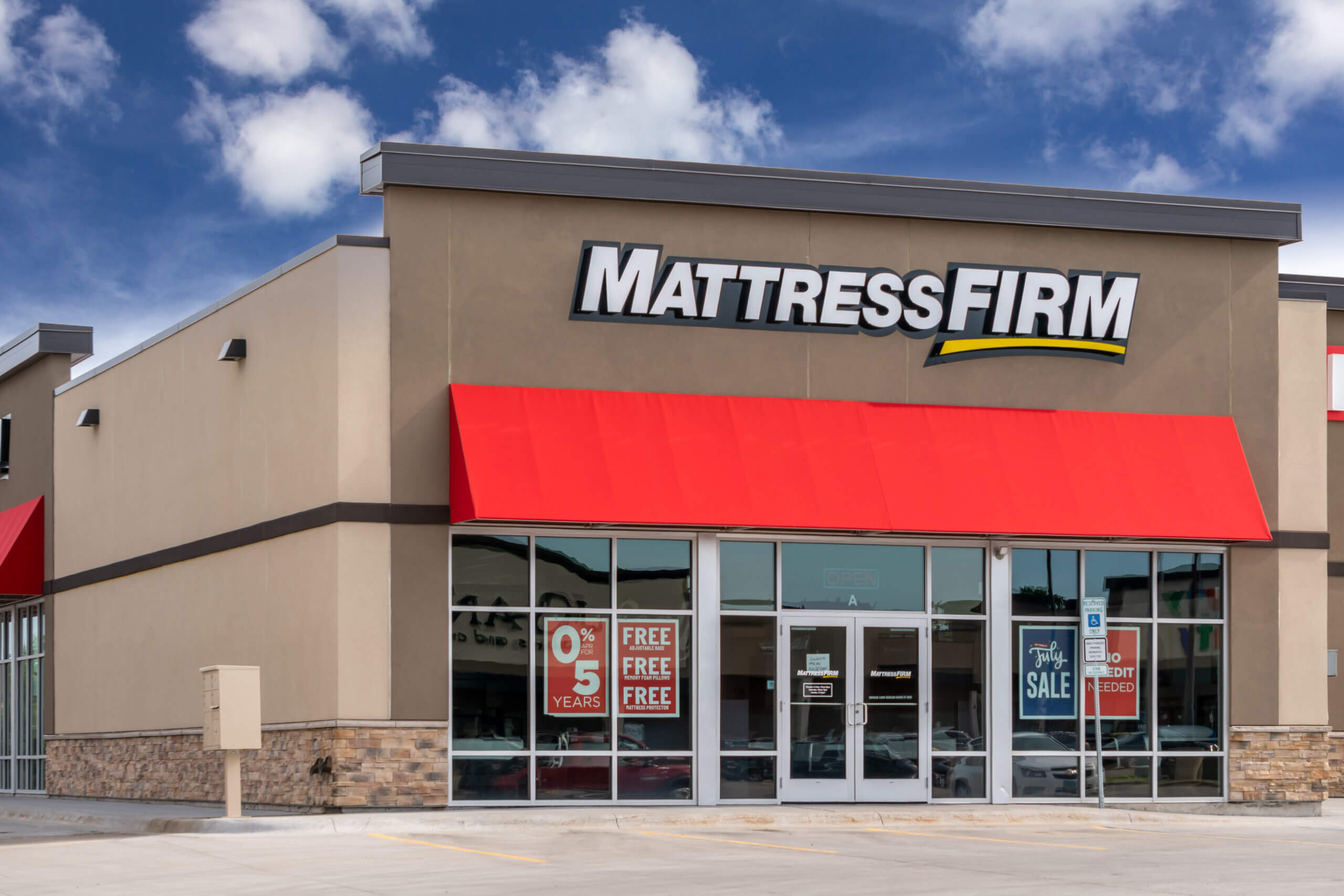Dealing with a slow kitchen sink can be frustrating, especially when you're in the middle of preparing a meal. But before you call a plumber and spend a fortune on their services, try unclogging it yourself. With a few simple steps, you can have your kitchen sink running smoothly in no time. Start by removing any debris or food particles from the surface of the sink. Use a pair of tongs or a small strainer to fish out any visible blockages. Then, fill the sink with a few inches of hot water and let it sit for a few minutes. This can help loosen any gunk that may be clogging your drain. If that doesn't work, move on to some DIY methods for unclogging a slow kitchen sink.1. How to Unclog a Slow Kitchen Sink
One of the most popular DIY methods for unclogging a slow kitchen sink is using a combination of baking soda and vinegar. Start by pouring half a cup of baking soda down the drain, followed by half a cup of white vinegar. Let the mixture sit for 15 minutes, then pour a pot of boiling water down the drain to flush it out. You can also try using a plunger to unclog your sink. Make sure to cover the overflow drain with a wet cloth and plunge vigorously for a few minutes. This can help dislodge any stubborn blockages and get your sink draining properly again.2. DIY Methods for Unclogging a Slow Kitchen Sink
A slow kitchen sink drain can be caused by a variety of factors. One of the most common causes is a buildup of food particles and grease in the pipes. Over time, these materials can accumulate and create a blockage, slowing down the flow of water. Another cause of a slow kitchen sink drain is a clogged P-trap. This is the curved pipe under your sink that helps prevent sewer gases from entering your home. If this pipe gets clogged, it can cause water to back up in your sink.3. Common Causes of a Slow Kitchen Sink Drain
As mentioned earlier, baking soda and vinegar can be a powerful combination for unclogging a slow kitchen sink. But how does it work? Baking soda is a natural cleaning agent and can help break down and dissolve any organic materials clogging your sink. When mixed with vinegar, it creates a chemical reaction that produces carbon dioxide gas. This gas helps to dislodge any stubborn blockages and allows the water to flow freely again.4. Using Baking Soda and Vinegar to Unclog a Slow Kitchen Sink
If the DIY methods mentioned above don't work, it may be time to call in a professional plumber. They have the tools and expertise to unclog even the toughest kitchen sink drains. One of the tools they may use is a drain snake, also known as an auger. This long, flexible tool can reach deep into your pipes and grab onto any blockages, allowing you to pull them out. Another professional tip is to regularly clean your kitchen sink drain to prevent future clogs. You can do this by pouring boiling water down the drain once a week, or using a mixture of hot water and dish soap to flush out any buildup.5. Professional Tips for Unclogging a Slow Kitchen Sink
If you prefer to use natural remedies, there are a few options for unclogging a slow kitchen sink. One is using a mixture of salt and baking soda. Simply mix equal parts salt and baking soda and pour it down the drain. Let it sit for a few minutes, then pour hot water down the drain to flush it out. You can also try using a mixture of lemon juice and salt. The acidity of the lemon juice can help break down any buildup in your pipes, while the salt acts as a scouring agent.6. Natural Remedies for Unclogging a Slow Kitchen Sink
If you're planning on unclogging your slow kitchen sink yourself, here are some tools you may need:7. Tools You Need to Unclog a Slow Kitchen Sink
Prevention is always better than cure, especially when it comes to your kitchen sink drain. To prevent a slow kitchen sink in the future, make sure to regularly clean your sink and avoid pouring grease, oils, and food scraps down the drain. You can also install a sink strainer to catch any debris before it goes down the drain. And if you have a garbage disposal, make sure to use it properly and avoid overloading it with large quantities of food waste.8. How to Prevent a Slow Kitchen Sink in the Future
Not sure if your kitchen sink needs unclogging? Here are some signs to look out for:9. Signs You Need to Unclog Your Kitchen Sink
If you're not a fan of DIY methods and want a quick solution for unclogging your kitchen sink, there are plenty of products on the market that can help. One popular option is a drain cleaner, which uses powerful chemicals to break down and dissolve any blockages. However, these products can be harsh and may damage your pipes if used incorrectly. Another option is an enzyme-based drain cleaner, which uses natural enzymes to break down organic materials in your pipes. These products are a safer alternative and can be just as effective in unclogging a slow kitchen sink.10. The Best Products for Unclogging a Slow Kitchen Sink
How to Effectively Unclog a Slow Kitchen Sink

Understanding the Causes of a Slow Kitchen Sink
 Having a slow kitchen sink can be a frustrating and inconvenient problem to deal with. Not only does it make washing dishes and preparing food more difficult, but it can also lead to unpleasant odors and potential damage to your plumbing system. Before attempting to unclog your slow kitchen sink, it is important to understand the root cause of the issue.
One of the most common causes of a slow kitchen sink is a buildup of food debris, grease, and other substances in the drain pipes.
Over time, these materials can accumulate and create a blockage, preventing water from flowing freely. Another common culprit is a clogged garbage disposal, which can also contribute to a slow draining sink. In some cases, the problem may be due to a more serious issue such as a damaged or collapsed pipe, which would require professional assistance to fix.
Having a slow kitchen sink can be a frustrating and inconvenient problem to deal with. Not only does it make washing dishes and preparing food more difficult, but it can also lead to unpleasant odors and potential damage to your plumbing system. Before attempting to unclog your slow kitchen sink, it is important to understand the root cause of the issue.
One of the most common causes of a slow kitchen sink is a buildup of food debris, grease, and other substances in the drain pipes.
Over time, these materials can accumulate and create a blockage, preventing water from flowing freely. Another common culprit is a clogged garbage disposal, which can also contribute to a slow draining sink. In some cases, the problem may be due to a more serious issue such as a damaged or collapsed pipe, which would require professional assistance to fix.
Tools and Methods for Unclogging a Slow Kitchen Sink
 Before attempting to unclog your slow kitchen sink, it is important to gather the necessary tools and materials. This includes a plunger, a drain snake, baking soda, vinegar, and hot water.
Using a plunger is often the first line of defense in unclogging a sink.
Simply place the plunger over the drain and pump it up and down vigorously to create suction and dislodge the blockage. If this does not work, a drain snake can be used to physically remove the clog from the pipes.
Before attempting to unclog your slow kitchen sink, it is important to gather the necessary tools and materials. This includes a plunger, a drain snake, baking soda, vinegar, and hot water.
Using a plunger is often the first line of defense in unclogging a sink.
Simply place the plunger over the drain and pump it up and down vigorously to create suction and dislodge the blockage. If this does not work, a drain snake can be used to physically remove the clog from the pipes.
Preventing Future Clogs
 To prevent future clogs in your kitchen sink, it is important to properly maintain your drains and garbage disposal.
This includes regularly cleaning your drains with a mixture of baking soda and vinegar, as well as avoiding disposing of large amounts of food waste down the garbage disposal. It is also important to avoid pouring grease, oils, and fats down the drain, as these can solidify and cause clogs. Additionally, using a drain strainer can help catch food particles and prevent them from going down the drain.
In conclusion, dealing with a slow kitchen sink can be a frustrating and time-consuming task. By understanding the causes of a slow draining sink and using the right tools and methods, you can effectively unclog your kitchen sink and prevent future clogs. Remember to always use caution and seek professional help if the issue persists. With proper maintenance and care, you can keep your kitchen sink running smoothly and avoid the inconvenience and expense of a clogged drain.
To prevent future clogs in your kitchen sink, it is important to properly maintain your drains and garbage disposal.
This includes regularly cleaning your drains with a mixture of baking soda and vinegar, as well as avoiding disposing of large amounts of food waste down the garbage disposal. It is also important to avoid pouring grease, oils, and fats down the drain, as these can solidify and cause clogs. Additionally, using a drain strainer can help catch food particles and prevent them from going down the drain.
In conclusion, dealing with a slow kitchen sink can be a frustrating and time-consuming task. By understanding the causes of a slow draining sink and using the right tools and methods, you can effectively unclog your kitchen sink and prevent future clogs. Remember to always use caution and seek professional help if the issue persists. With proper maintenance and care, you can keep your kitchen sink running smoothly and avoid the inconvenience and expense of a clogged drain.






/how-to-unclog-a-kitchen-sink-2718799_sketch_FINAL-8c5caa805a69493ab22dfb537c72a1b7.png)
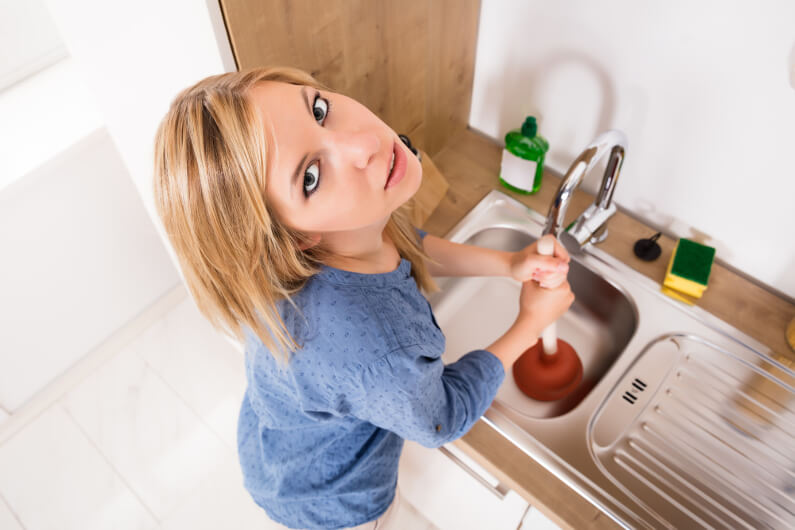







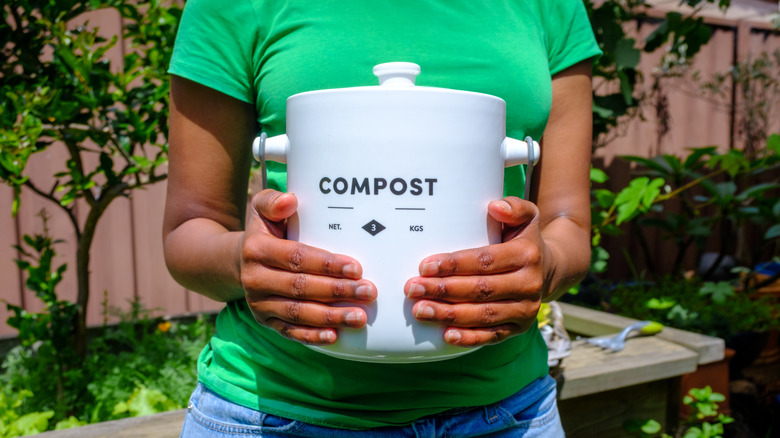
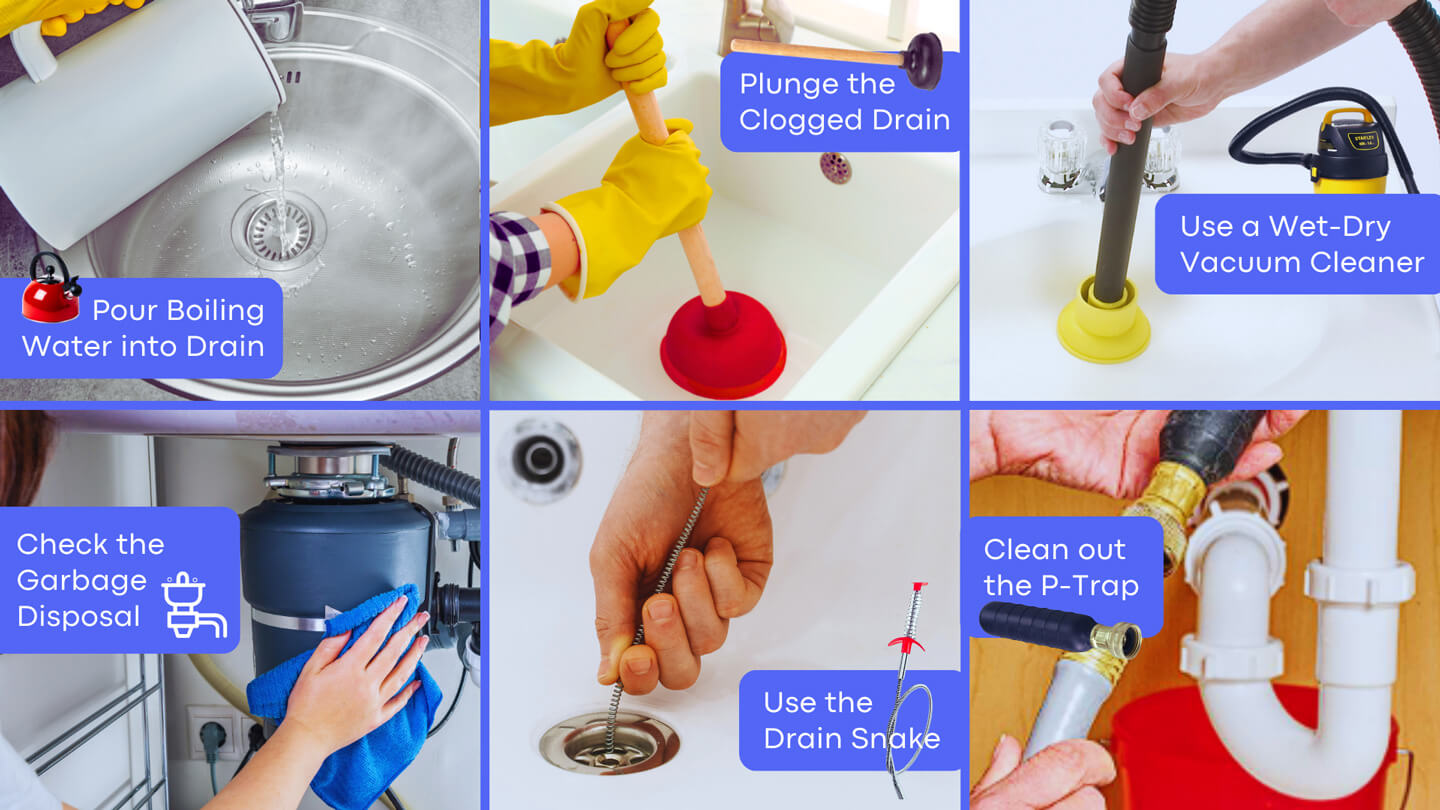


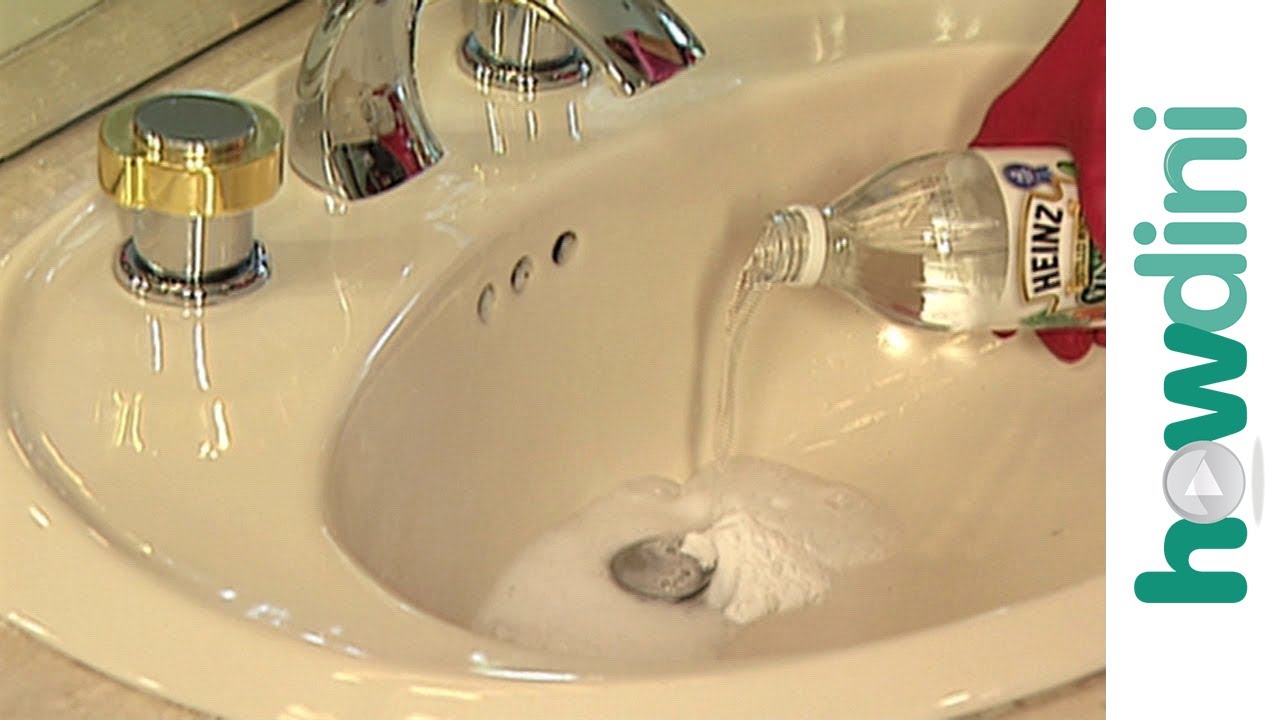
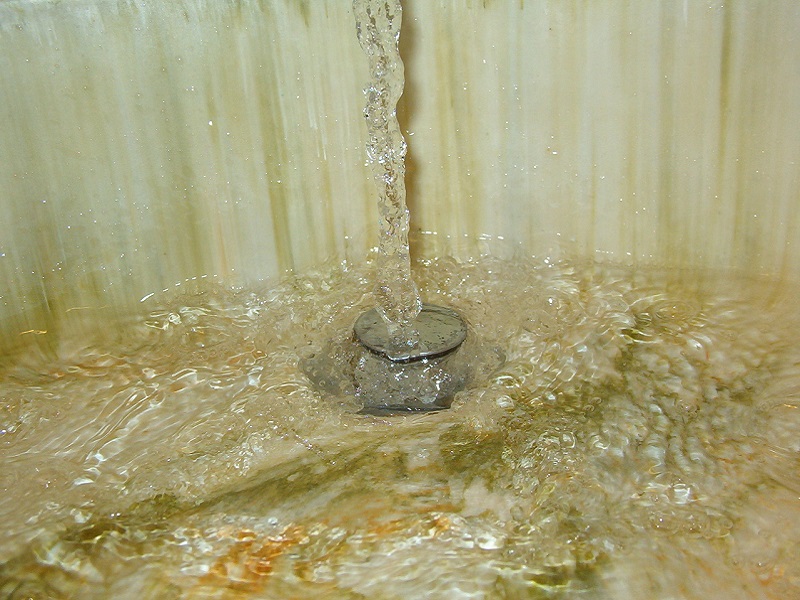









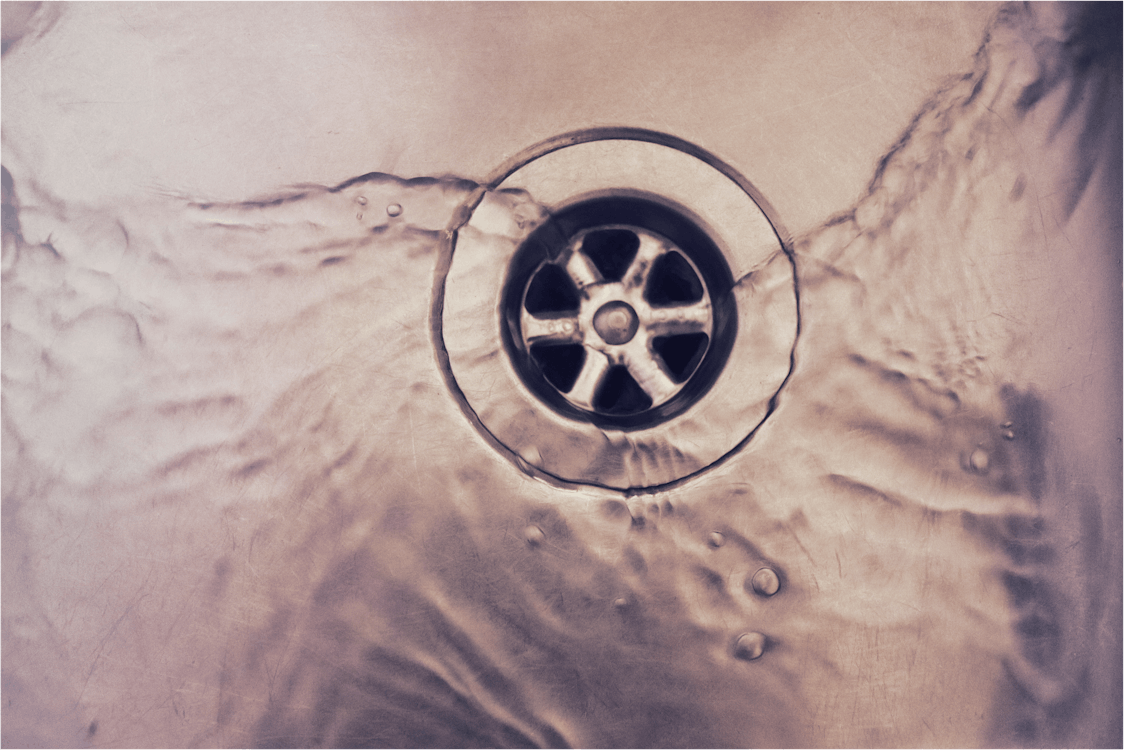




:max_bytes(150000):strip_icc()/freshen-and-unclog-drain-with-baking-soda-1900466-22-bbf940b70afa4d5abef0c54da23b1d3f.jpg)

